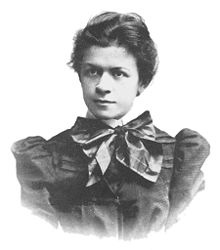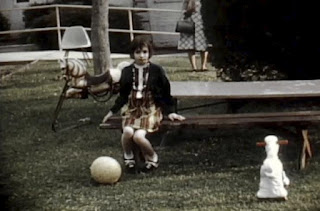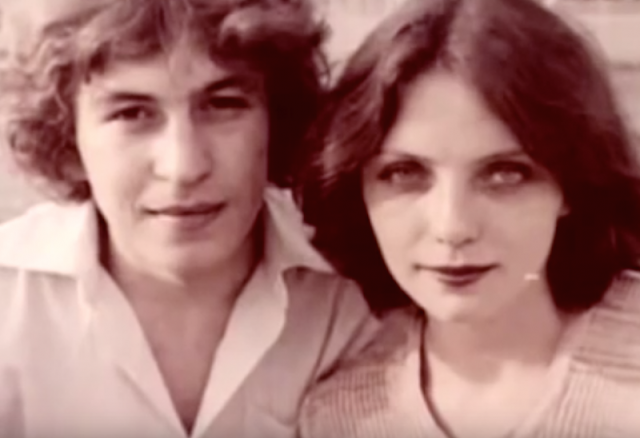My Idea of a Perfect Marriage
Do you know this woman?
No? Well, maybe now you can guess who she is.
This is Mileva Marić-Einstein[1], wife of Albert Einstein.
She was the only woman in the Physics department at Zurich Polytechnic among Albert Einstein's fellow students and the second woman to finish a full program of study at the Department of Mathematics and Physics. In fact, she was the only student who scored higher than Einstein in mathematics at the entrance exam. Her grade in physics was the same as him. Such was her sheer brilliance.
Mileva Maric got married to Einstein and helped him write some of the most ground-breaking papers that changed the course of the modern world. In 1905, she was quoted as saying: "we finished some important work that will make my husband world famous."
But then, why is Maric’s name not included in any of Einstein’s papers? Why do we only know her as Einstein’s wife and not as an independent academic researcher and scientist?
Now, do you recognize this woman?
She is Marie Curie, the first woman to win a Nobel Prize and the first person and only woman to win it twice in two different sciences: physics and chemistry.
As we all know, Marie Curie’s work with her husband, Pierre Curie, led to some pioneering research in the field of radioactivity. [2]
But did you know, that in December 1903, the Nobel Prize committee had intended to honour only Pierre Curie for his work?
When he found out this out, Pierre Curie wrote back to the committee thanking them for the honour but rejecting it as his wife was not included in the list of recipients for the Nobel Prize. His letter said that his papers wouldn’t have been published without her input.
The committee agreed, and in 1903, Marie Curie became the first woman to win the Nobel Prize.
Both these women were brilliant academicians. Then why is there such a huge difference between their legacies? Why is one remembered today as one of the greatest scientists of all time and the other as just Albert Einstein’s wife?
Their husbands.
Pierre Curie was a courteous and honorable man who valued the contribution of his partner[3]. Albert Einstein, on the other hand, was a known philanderer who reportedly not only cheated on his wife[4] but also refused to include her name in his publications. His actions have led to a still-ongoing controversy in the academic world questioning how much contribution Mileva had in his work and why, if at all, was it not cited.
This, in conclusion, is my idea of a perfect marriage:
- Where both the partners work as equals to achieve their personal and professional goals.
- Where there is companionship and recognition and an equal opportunity for each to reinforce his or her legacy.
- Where both partners actively work to build a positive public image of each other and don’t shy away from giving credit where it is due.
- Where one would rather turn down a Nobel Prize than be honoured without their partner.
Footnotes
- Get link
- X
- Other Apps






Comments
Post a Comment